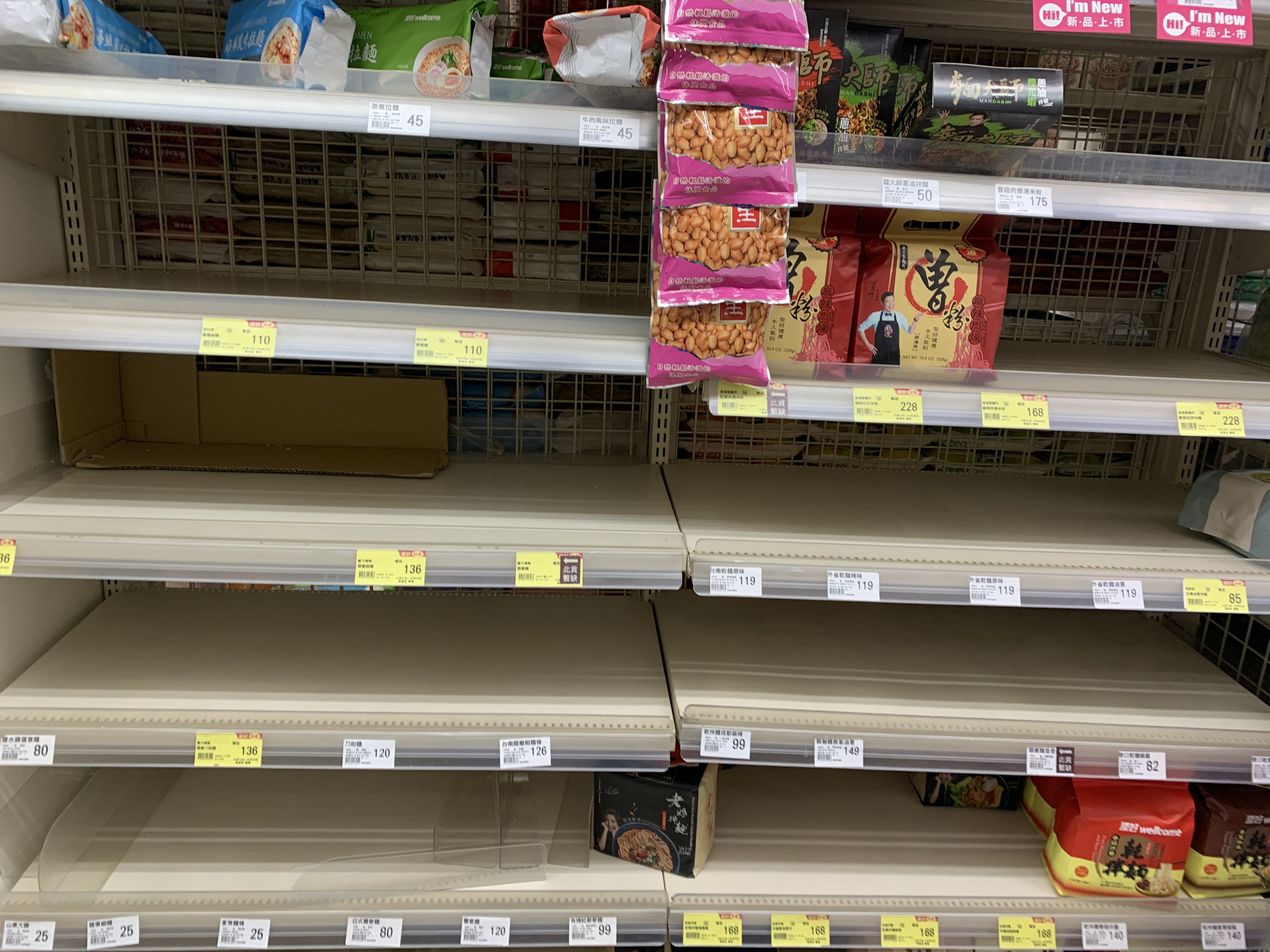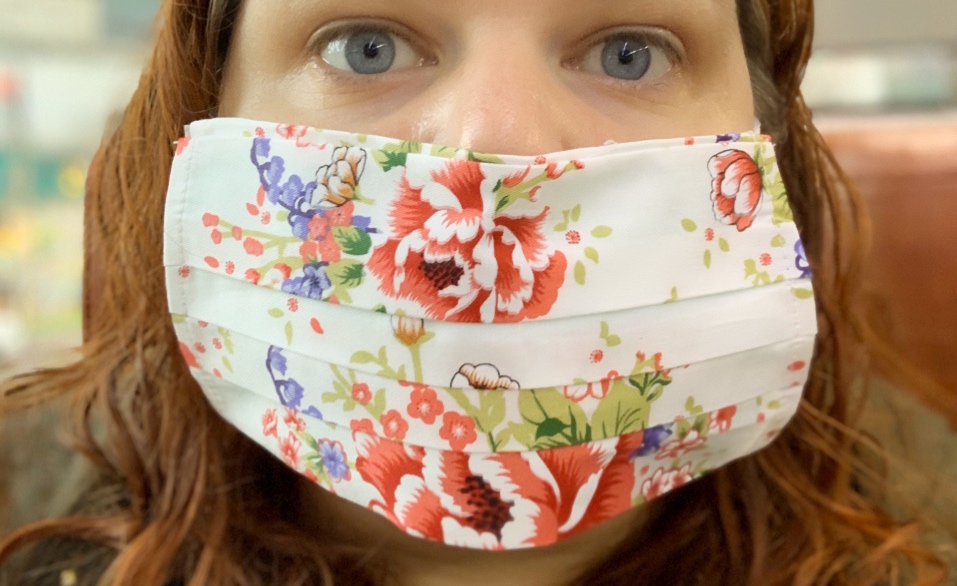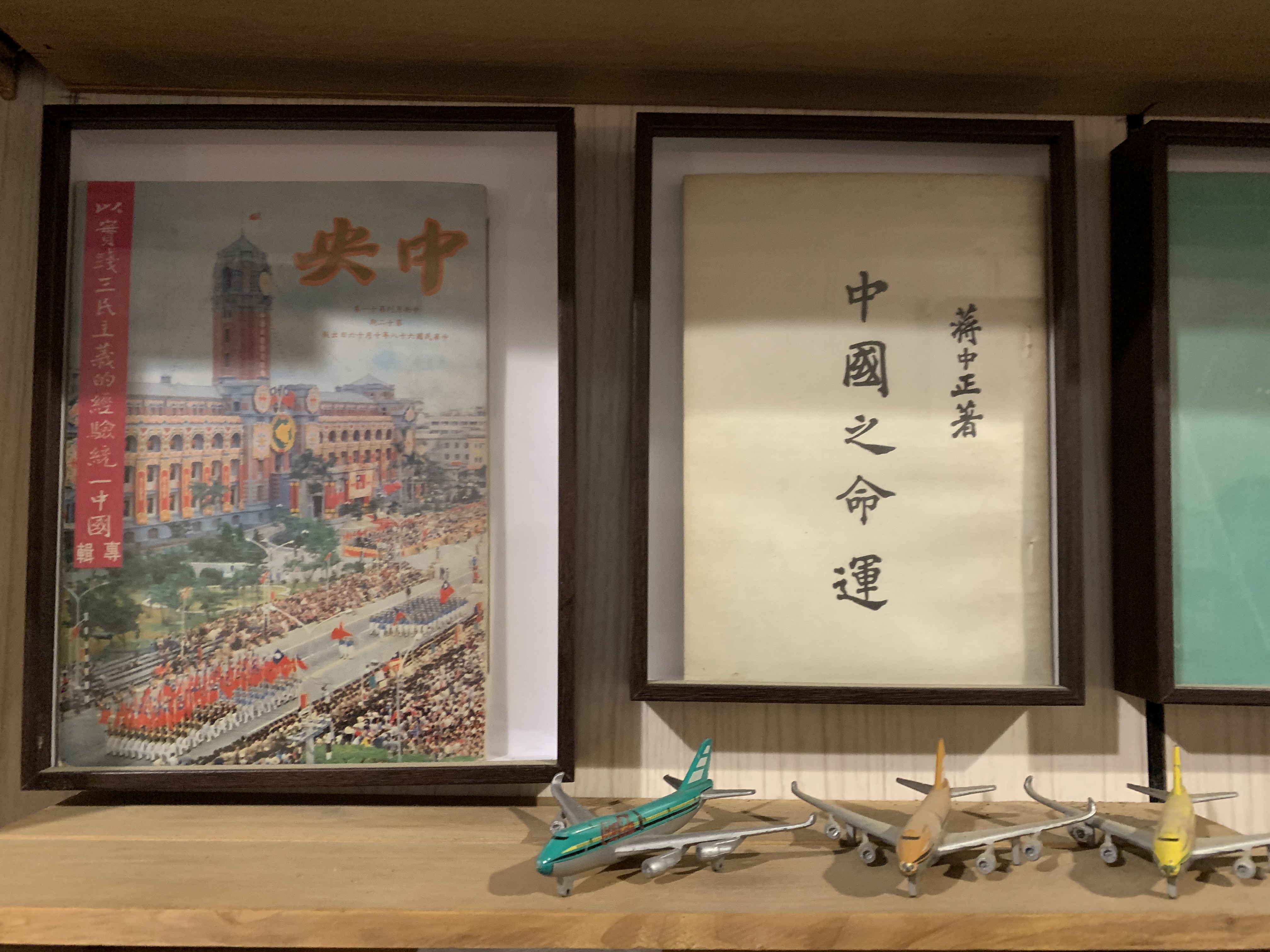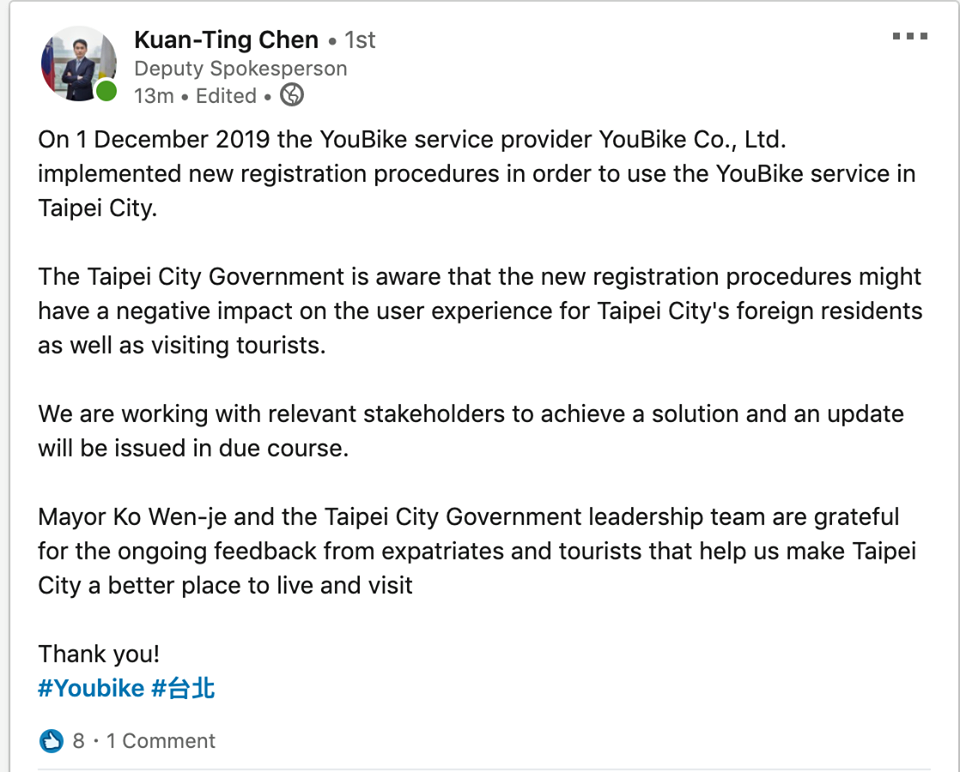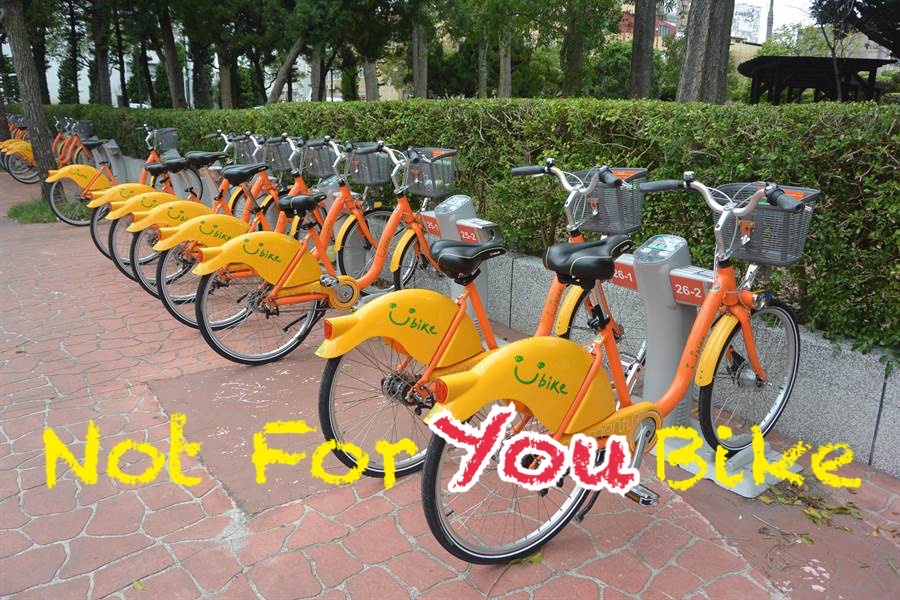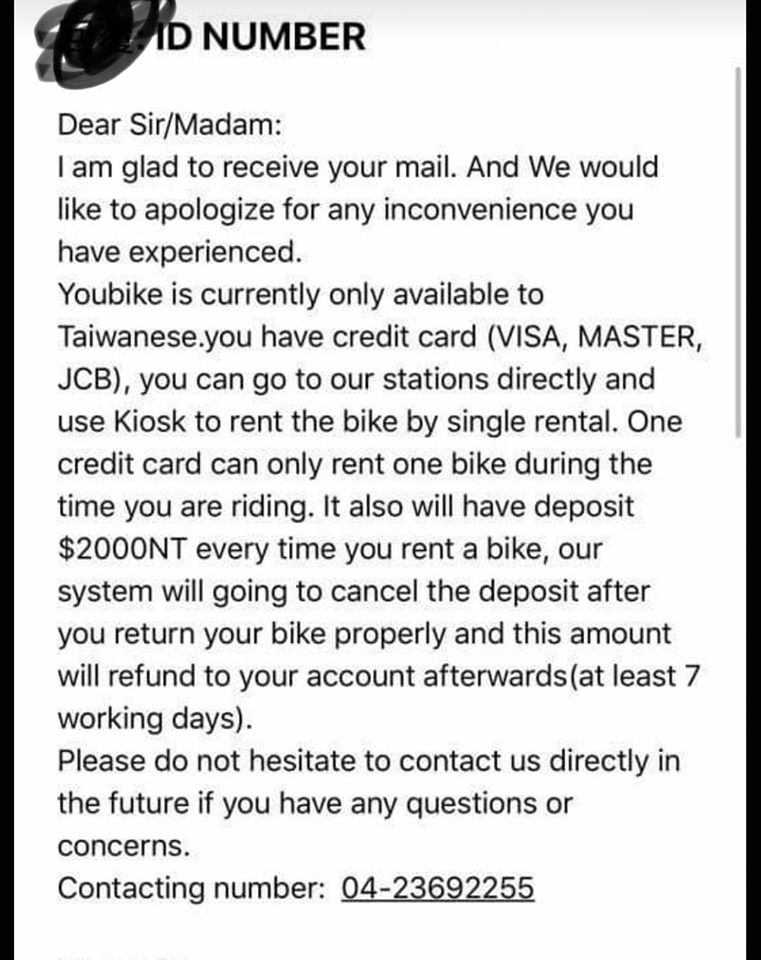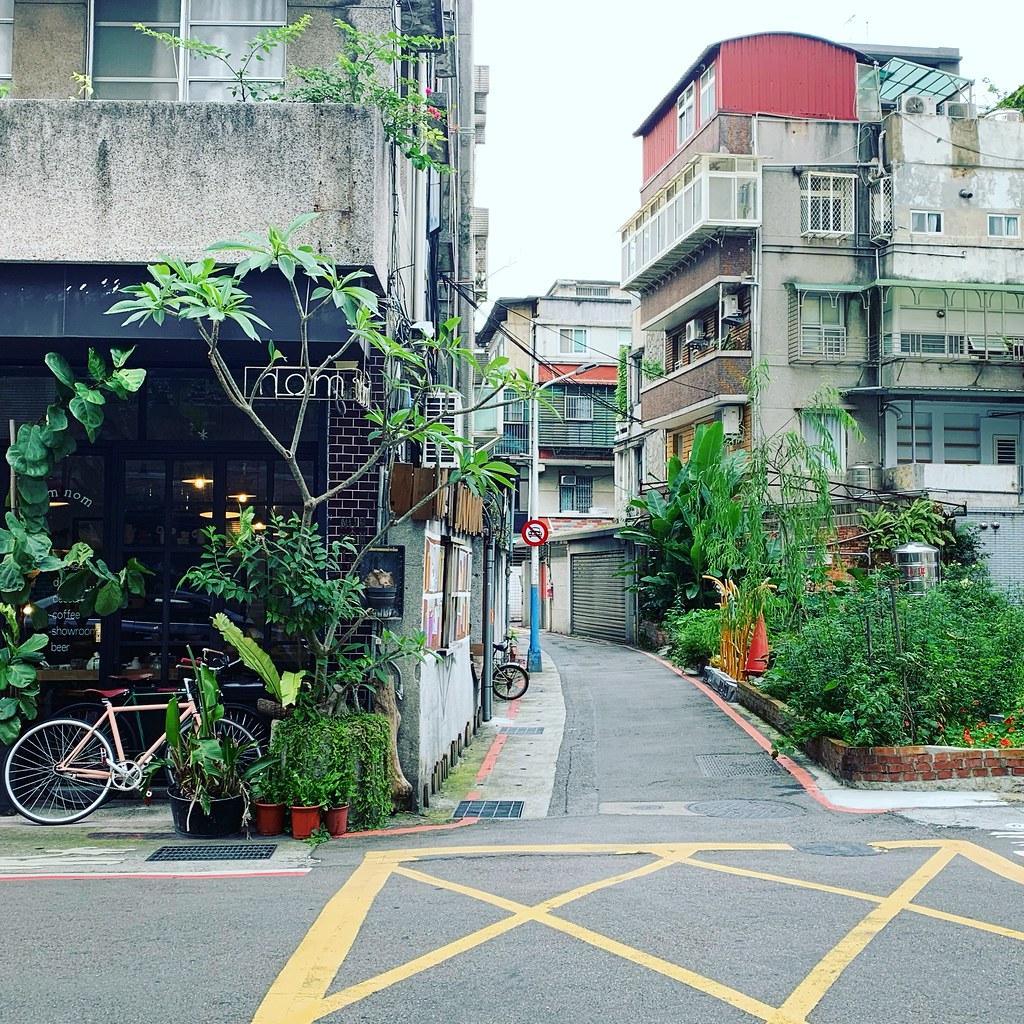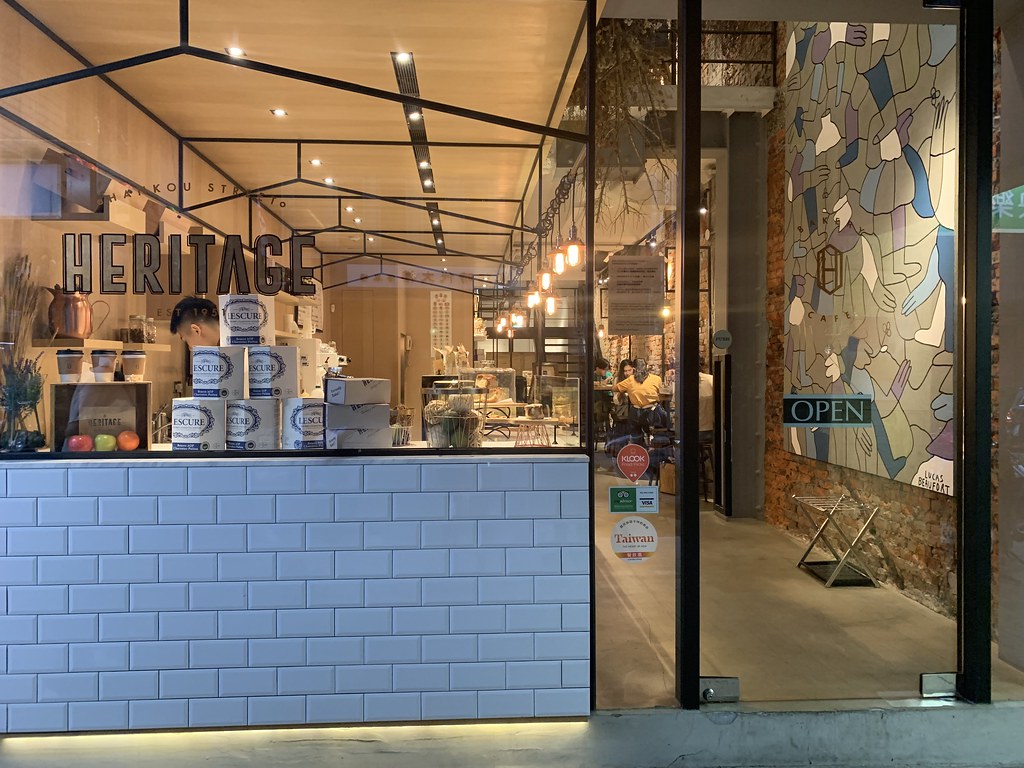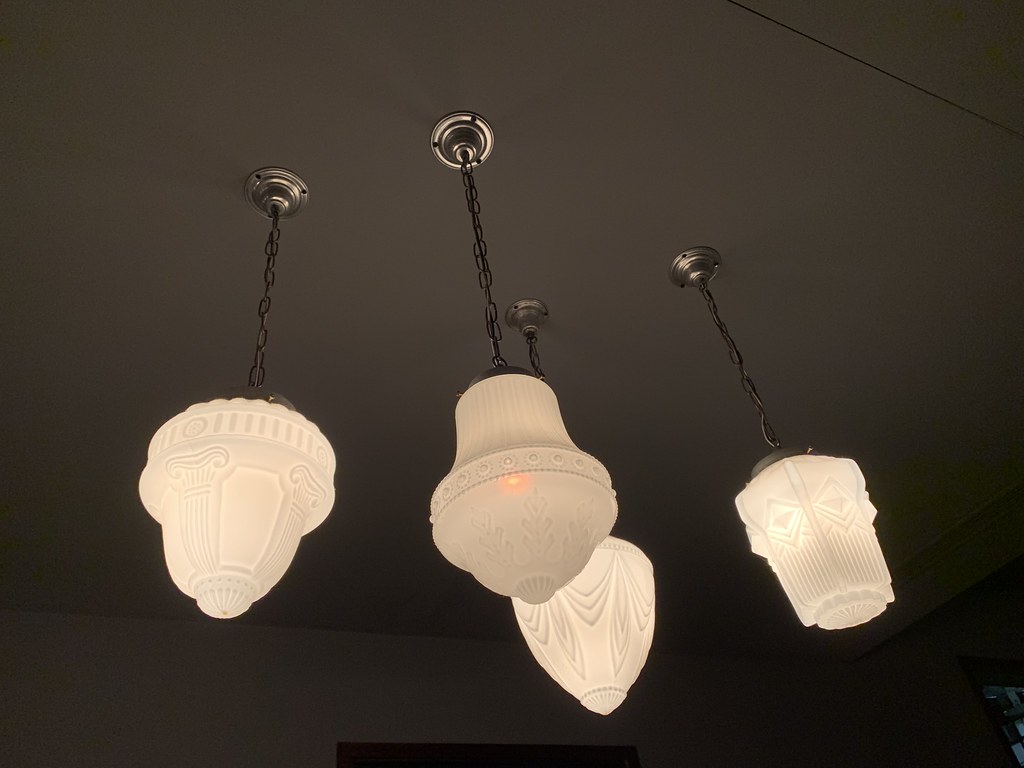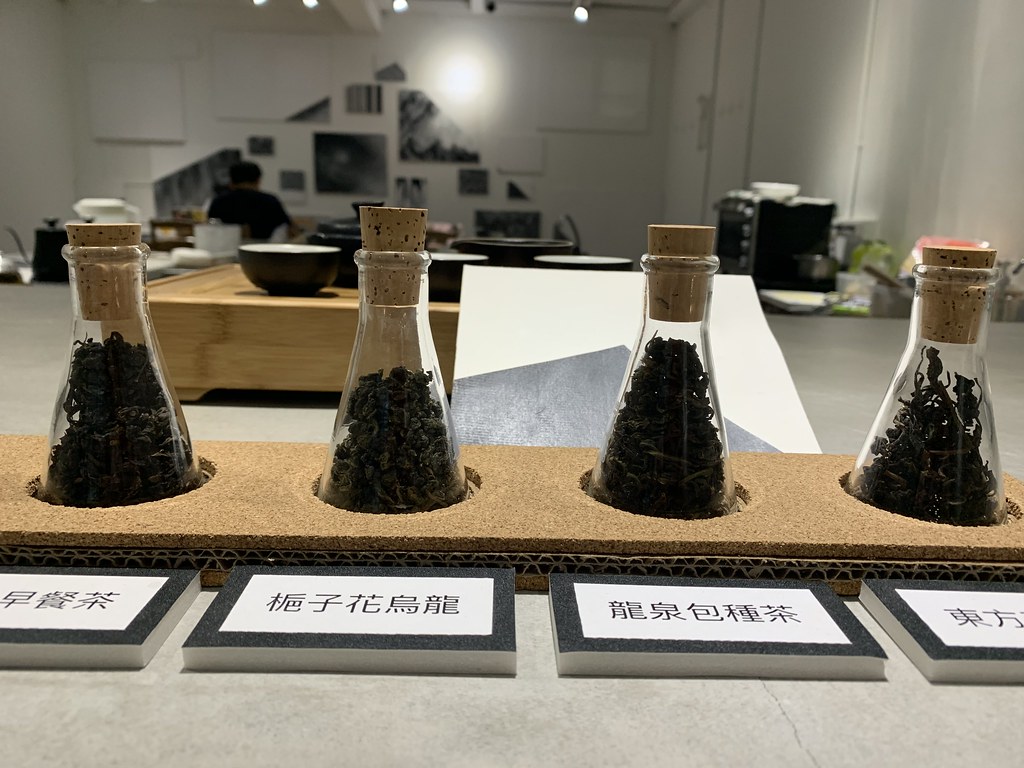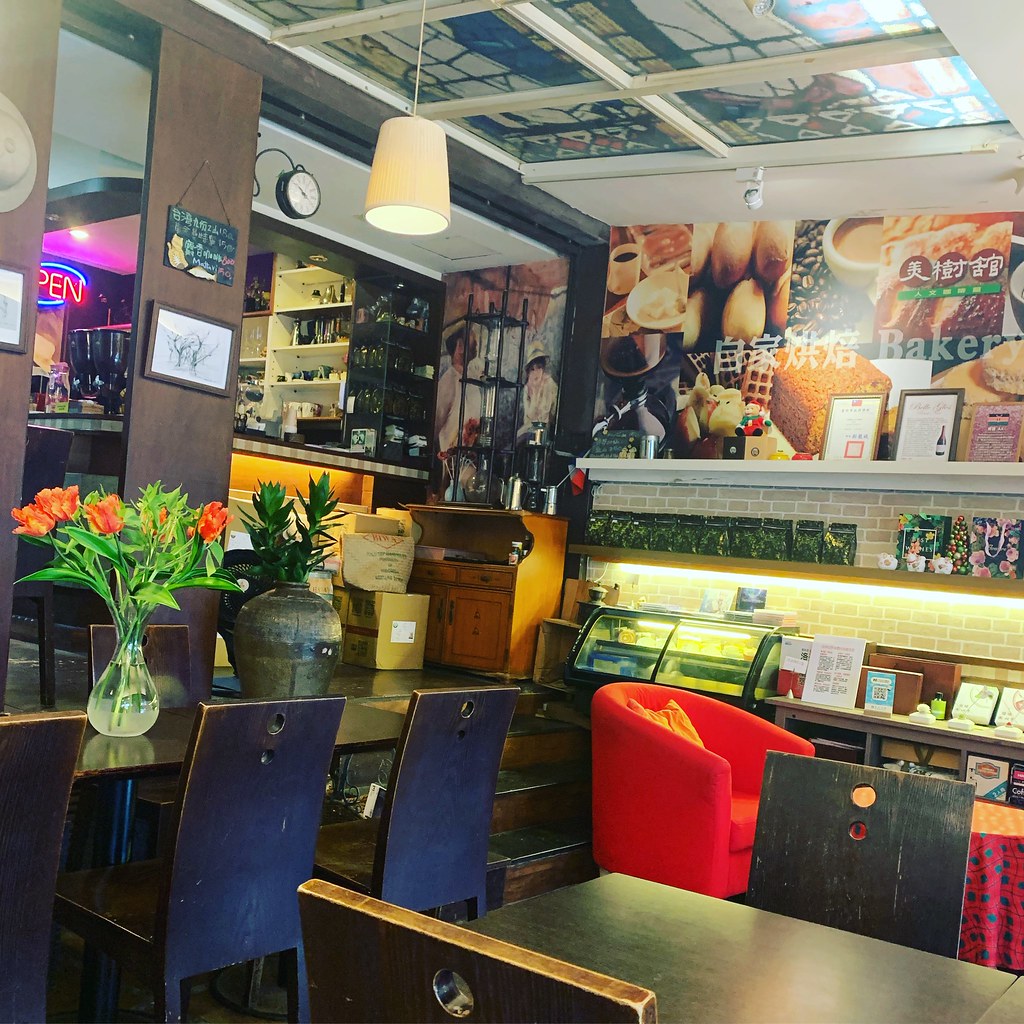Since coronavirus vaccines have been rolling out around the world, there have been concerns and discussions about how vaccine distribution would happen in Taiwan. More than a few members of the foreign community have expressed doubt that we would be included in vaccine distribution plans, even though we’re taxpayers who contribute to National Health Insurance just as citizens do. I’ve even heard some people surmise that we’ll somehow get vaccines if our “home” countries airlift them to their consulates in Taiwan! (I can only scratch my head at that logic).
My silence on this topic was intentional. Although the government has made some missteps which do get corrected on occasion regarding the foreign community in the recent past, their inclusion of foreign residents and stranded visitors in pandemic prevention efforts has been admirable. Just about the only complaint I have was cutting off our access to e-gate, which, while annoying and illogical, is a fairly minor inconvenience. Even the missteps at least have a chance of being corrected, as the Youbike kerfuffle was.
It made sense to give them the benefit of the doubt that a similar level of consideration for foreign residents would be shown in the vaccination rollout, and make no comment until the government’s policies became more clear. It also seemed to be the kind, calm thing to do in an era shot through with uncertainty and anxiety.
Now, it looks like we have the beginning of an answer. At least for Taipei, Mayor Ko has said that foreign residents will be treated the same as citizens in the vaccination effort.
That’s only for one city, which means no such assurances have been made public for foreigners residing outside Taipei. It also means those who ended up staying longer than expected on extended visas and other non-resident foreigners are likely not included; that was always going to be the case, frankly, although perhaps a self-paid option will eventually become available.
My hope is that Taipei will act as a thought leader to the rest of Taiwan, and other cities will follow Taipei’s example. It seems likely to me that they will.
This would be the logical move. Foreign residents, by definition, are people who have made their life in Taiwan, temporarily or permanently. We are no more or less a potential disease vector than citizens, meaning that we should be treated essentially the same for health purposes, especially as we pay into National Health Insurance. Many foreign residents have chosen to stay put through the pandemic, myself included.
However, eventually as the rest of the world calms down we’re going to want to visit our loved ones abroad; presumably many Taiwanese are hoping to do the same. Many travel just as often as we do. It would be extremely irresponsible from a public health perspective to not ensure residents who will eventually start traveling again are vaccinated, leaving them to sort it out on their own, in countries of citizenship where they may not have, say, a permanent address or health insurance.
It looks like Taipei, at least, has made it official. They’ve clarified that they understand the importance of including foreign residents in public health initiatives. Let’s hope for the good news that other cities will soon be following suit.


